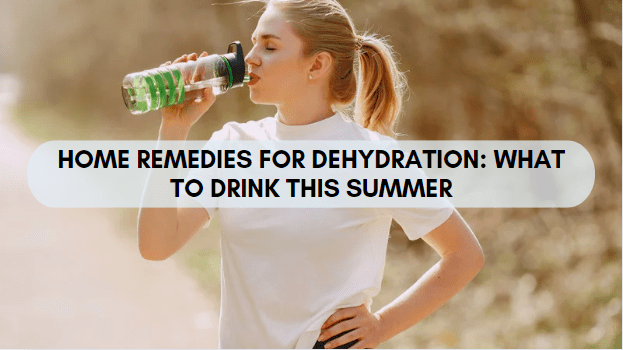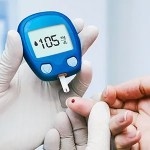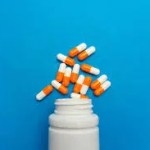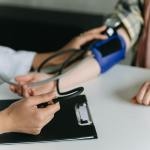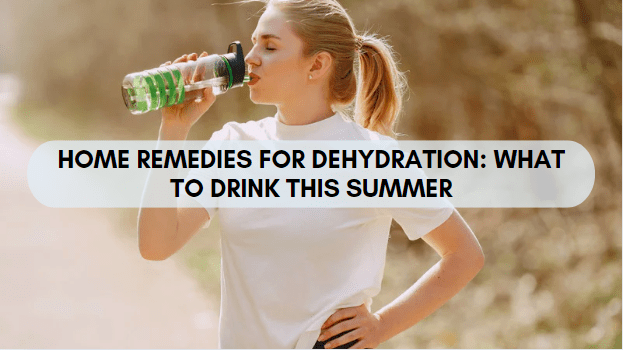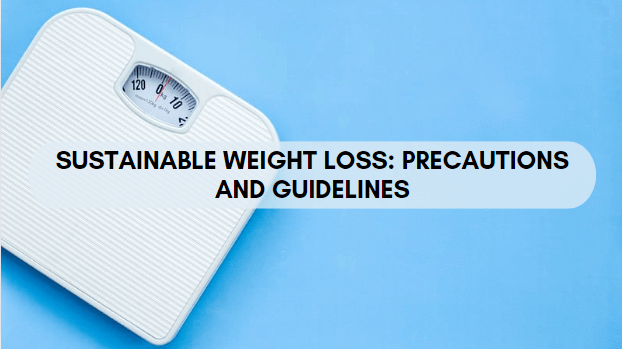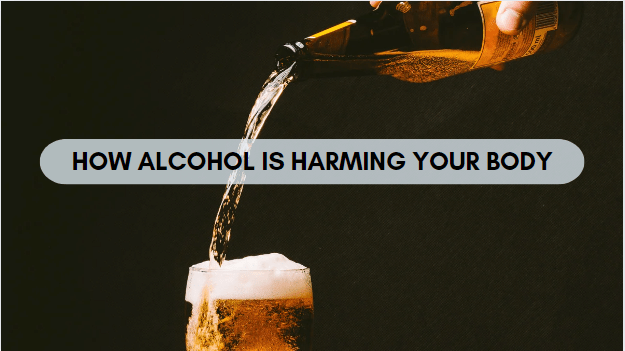DR. ANVI DOGRA, Registered dentist
We frequently have a tendency to overlook the easiest yet most crucial way to keep our health: making sure we drink enough water every day. Even though hardly one pays much attention to it, drinking this tasteless, clear liquid can help us stay healthy and energetic throughout our lives—especially in the sweltering summer months. Let’s examine how to prevent dehydration in the summer and learn about the symptoms and indicators of dehydration in this blog.
Signs of dehydration
Water is necessary for the human body to function. Actually, between 50 and 70 per cent of our body weight is made up of water, which is essential for all cells, organs, and tissues to perform at their best. Dehydration can cause a person to lose even a small portion of this fluid essentiality, which can have detrimental effects on both physical and mental health. During warm seasons, even with careful monitoring of your water intake, dehydration can still occur.
Typical signs of dehydration include:
- Excessive thirst
- Lips and mouth feel dry
- Dark yellow urine
- Exhaustion
- Headache
- Feeling lightheaded or dizzy
- Cramping in the muscles
- Decreased urine production
- Severe consequences include dizziness, a racing heartbeat, and even fainting.
How to stay hydrated
Dehydration arises when the intake of fluids is less than loss. Because they are more prone to accidents, infants require extra care. The best strategy to stay hydrated is to regularly consume large amounts of water. There are, however, other things you can do, including making notes on when to drink water or figuring out how to swiftly replenish lost fluids. Let’s look at the strategies for staying hydrated in the heat that are listed below to prevent dehydration:
Apps for tracking hydration: You heard correctly! You may use apps to monitor how much water you drink, create reminders, and other features to help you remember to keep hydrated.
Flavored Water: We treat our taste receptors very well! This is a beneficial routine. To add extra flavour and refreshment to your water, try adding flavours like cucumber, mint, or berries. You are encouraged to stay hydrated and drink more as a result.
Keep an eye on Urine Color: Dark yellow or amber urine indicates dehydration; if this occurs, drink more fluids. Urine that is straw-coloured or pale yellow indicates that you are adequately hydrated.
Eat Foods High in Water: Staying hydrated requires more than just drinking water. Include meals high in water in your diet to stay well hydrated. Watermelons, cucumbers, strawberries, lettuce, tomatoes, grapefruit, peppers, spinach, radishes, and broccoli are a few of these foods high in water content.
Don’t overindulge in caffeine and alcohol.
Aim for at least two to three litres of water per day and sip it frequently throughout the day.
FAQ
- What are the symptoms of dehydration?
Increased thirst, dry mouth, dark yellow urine, headaches, exhaustion, and, in more serious situations, disorientation or fainting, are typical symptoms.
- How is ors used for dehydration?
Oral rehydration solutions, or ORS, are designed to assist replace lost fluids and restore the correct balance of electrolytes (such as potassium and sodium) and carbohydrates during dehydration.
- Can dehydration lead to water deficiency diseases?
Yes, prolonged dehydration can lead to conditions like heat exhaustion, heatstroke, kidney stones, and urinary tract infections. Proper hydration is essential to prevent these conditions.
